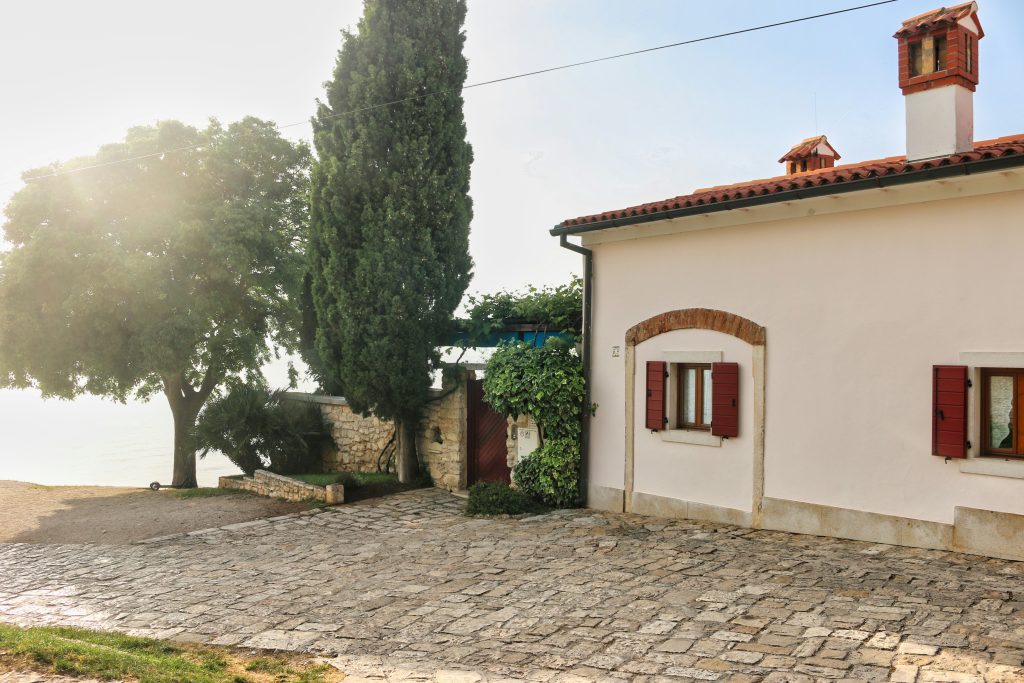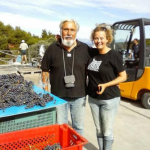April the 22nd, 2024 – What makes Croatian property investment different? Is this country a proverbial island when it comes to this particular context?
As Poslovni Dnevnik writes, 2023 was primarily marked by slower economic growth, which brought numerous challenges to everything related to the commercial real estate market. The European capital investment market experienced a significant decline, and many investors remained cautious when making decisions. Investors’ decisions were significantly influenced by the change in the return rate(s), the growth of which was caused by the continuous growth of interest rates.
Accordingly, the general drop in the European investment market amounted to almost 50%. However, the situation in the real estate market across Southeastern Europe was somewhat different. Croatian property investment was also naturally affected by that trend.
“The Southeastern European region is one of the few in which the activity of investors and developers has remained at a stable level. If we look at Croatia, Slovenia, Serbia and Bulgaria as the main markets of Southeastern Europe, growth of more than 80% was recorded on an annual basis. That’s very much in line with with the regional trend seen during previous years”, stated Ivana Rajković Špes, Business Manager for the Croatian market at CBRE, within the Office for Southeastern Europe.
“Significantly smaller changes in yield rates were being recorded. In addition to the excellent potential for the construction of modern commercial facilities, that will make this entire part of Europe even more attractive – both for foreign and local investors. Unlike more developed European markets such as the Netherlands and Germany, where real estate values fell by more than 30%, in our region, the change in real estate values was much less pronounced”, explained Špes Rajković.
She added that the main bearer of investment activity in the wider region in 2023 was precisely Croatia and Croatian property investment, with almost 50% share in the total volume of all investments. Therefore, the question we need to ask ourselves is whether or not Croatia an island in the context of real estate investment? This will be one of the topics of the upcoming “Investment Forum” conference, which will be held on April the 23rd at the Esplanade Zagreb hotel.
“Precisely what makes the Croatian market so attractive for investments and whether and to what extent we’ll feel the trends and movements that reached Europe last year will be topics of discussion,” said Špes Rajković, who will moderate the panel at the upcoming conference.
According to CBRE, the recorded volume of Croatian investment exceeded 500 million euros in 2023, which is almost at the same level as in 2021, and which is also a five-year record.
“The most significant record was recorded in the tourism sector with over 50 percent share in the total volume of investments. Tourism in Croatia is continuously recording an increase in the number of tourists and the offer of accommodation. In addition, the domestic industrial sector continues to attract the attention of international investors. The office sector was also quite active – in the last five months of 2023 alone, three top office buildings in Zagreb got new owners, transactions in which CBRE participated as an adviser,” revealed Rajković Špes.
It is expected that there will be a lower level of activity throughout 2024 due to the caution of investors and residual effects previously observed in more developed European markets.











